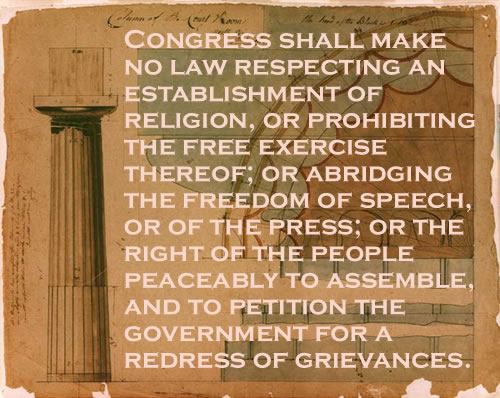C. S. Lewis was no fan of politics. He had listened to political discussions from his youth, as his father was a lawyer with the government, but he found such talk ultimately unsatisfying. Yet that doesn’t mean he wasn’t concerned about good governing and the basis for understanding what is necessary for it.

So even though he shied away from writing too much on politics per se, he never avoided advocating foundational concepts that applied to a society—government and culture combined. One of his essays that I use in my Lewis class at my university is “The Poison of Subjectivism.” In it, he argues, “The very idea of freedom presupposes some objective moral law which overarches rulers and ruled alike.”
To some, that statement may seem counterintuitive. After all, if you believe in freedom, why are you talking about constraining people with some moral law? Note, though, that he says the moral law applies to rulers as well as to the ruled. It’s what keeps the government in check.
Subjectivism about values is eternally incompatible with democracy. We and our rulers are of one kind only so long as we are subject to one law.
Representative government that recognizes natural rights given by God—such as freedom—is endangered when the society decides there is no moral law outside of what it creates in it own legislation. This can then lead to an authoritarianism that wipes out genuine freedom. Lewis puts it well, as always:
But if there is no Law of Nature, the ethos of any society is the creation of its rulers, educators and conditioners; and every creator stands above and outside his own creation.

All of the freedoms we seem to take for granted are only words on paper in a society where there is no eternal rule of law. Government agencies and an educational elite will decide for us all what is “right” and “wrong,” and those definitions will have nothing at all to do with what God has decreed. The goal of the elite will be to mold and shape us into their image. They are the conditioners and, as Lewis so poignantly pointed out, “every creator stands above and outside his own creation.”

Another favorite author of mine, Whittaker Chambers, explained it this way:
External freedom is only an aspect of interior freedom. Political freedom, as the Western world has known it, is only a political reading of the Bible. Religion and freedom are indivisible. . . .
There has never been a society or a nation without God. But history is cluttered with the wreckage of nations that became indifferent to God, and died.
Lewis and Chambers are in agreement—and we should be in agreement with them.
